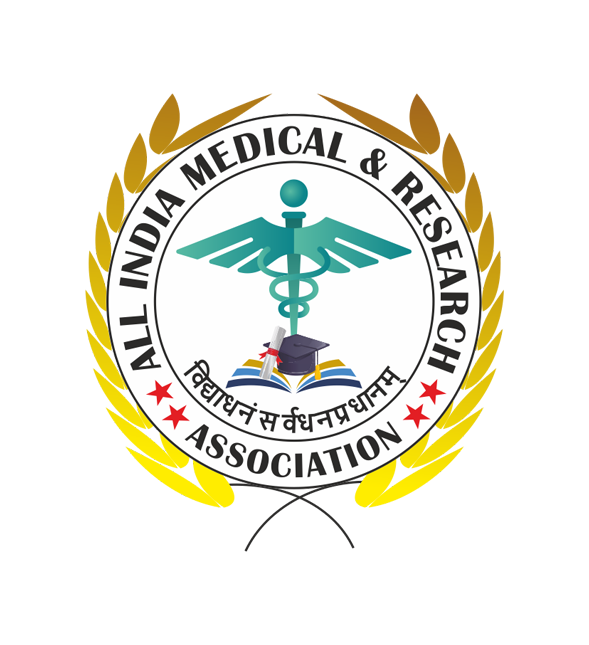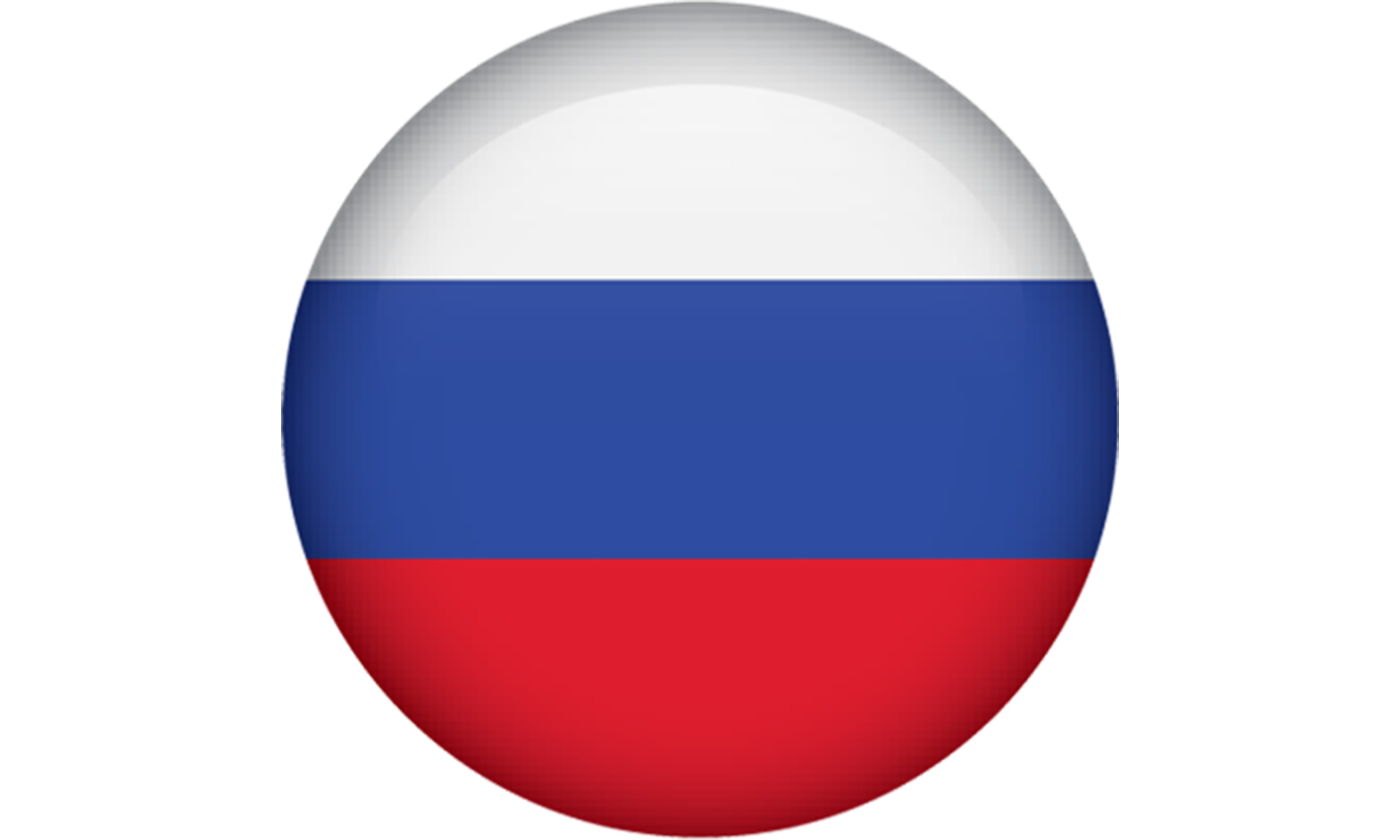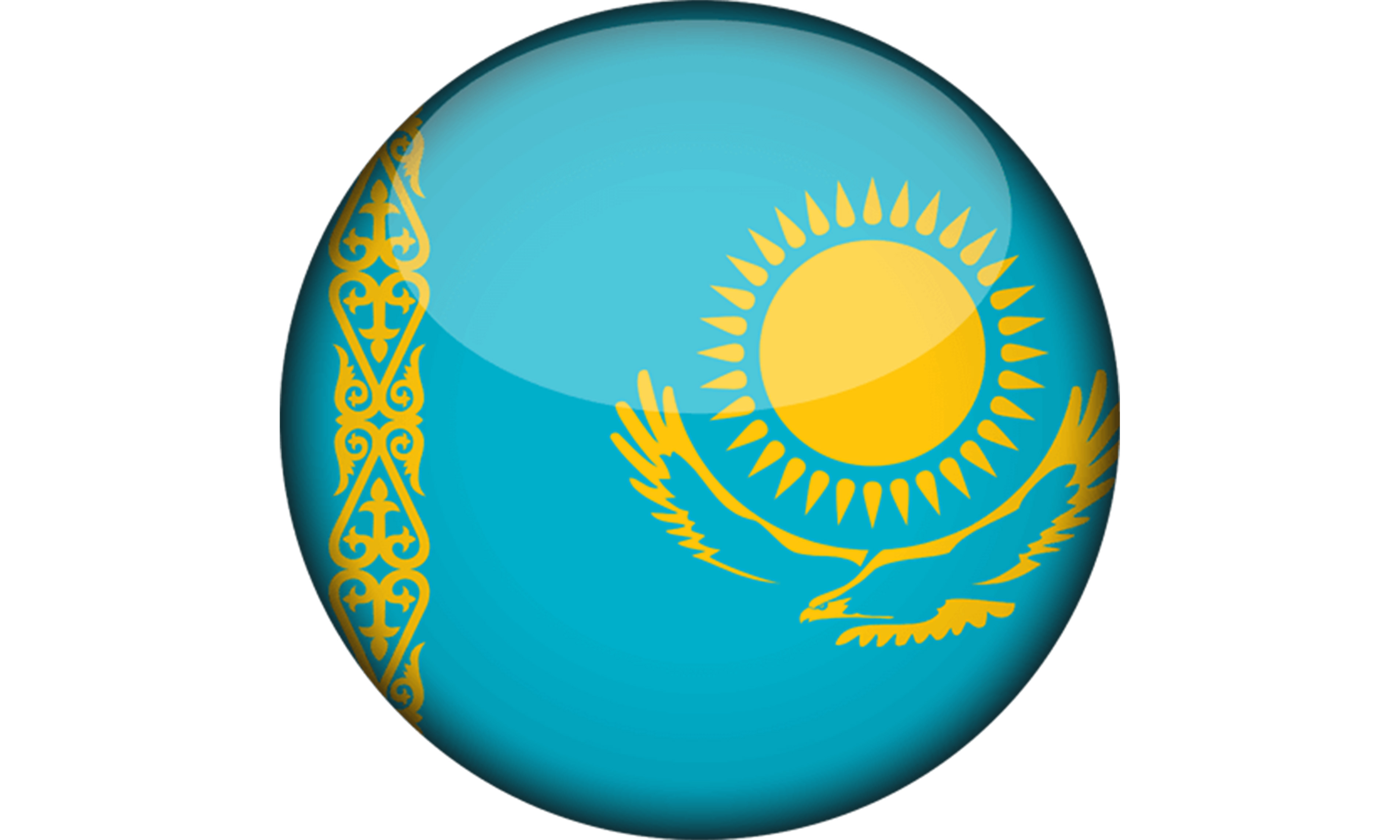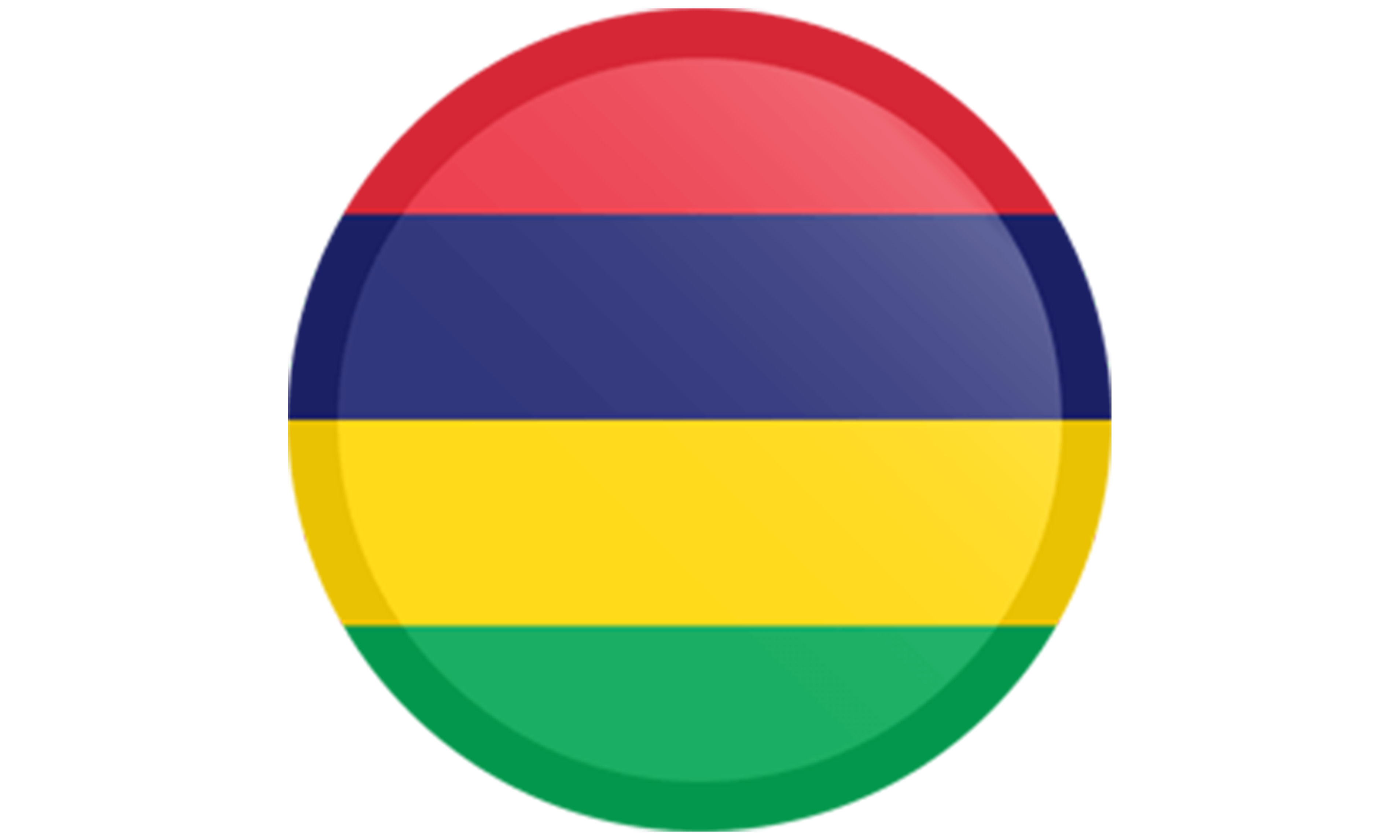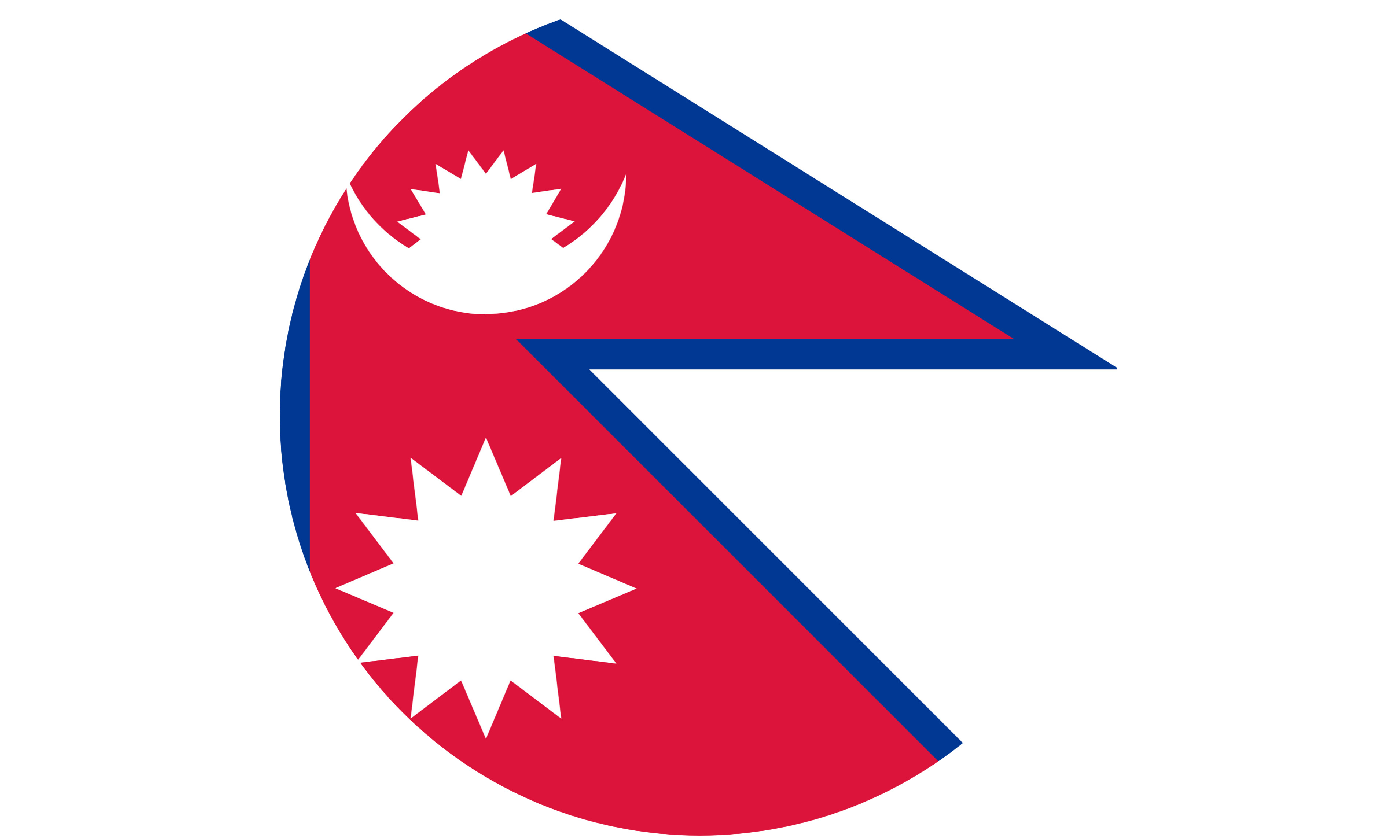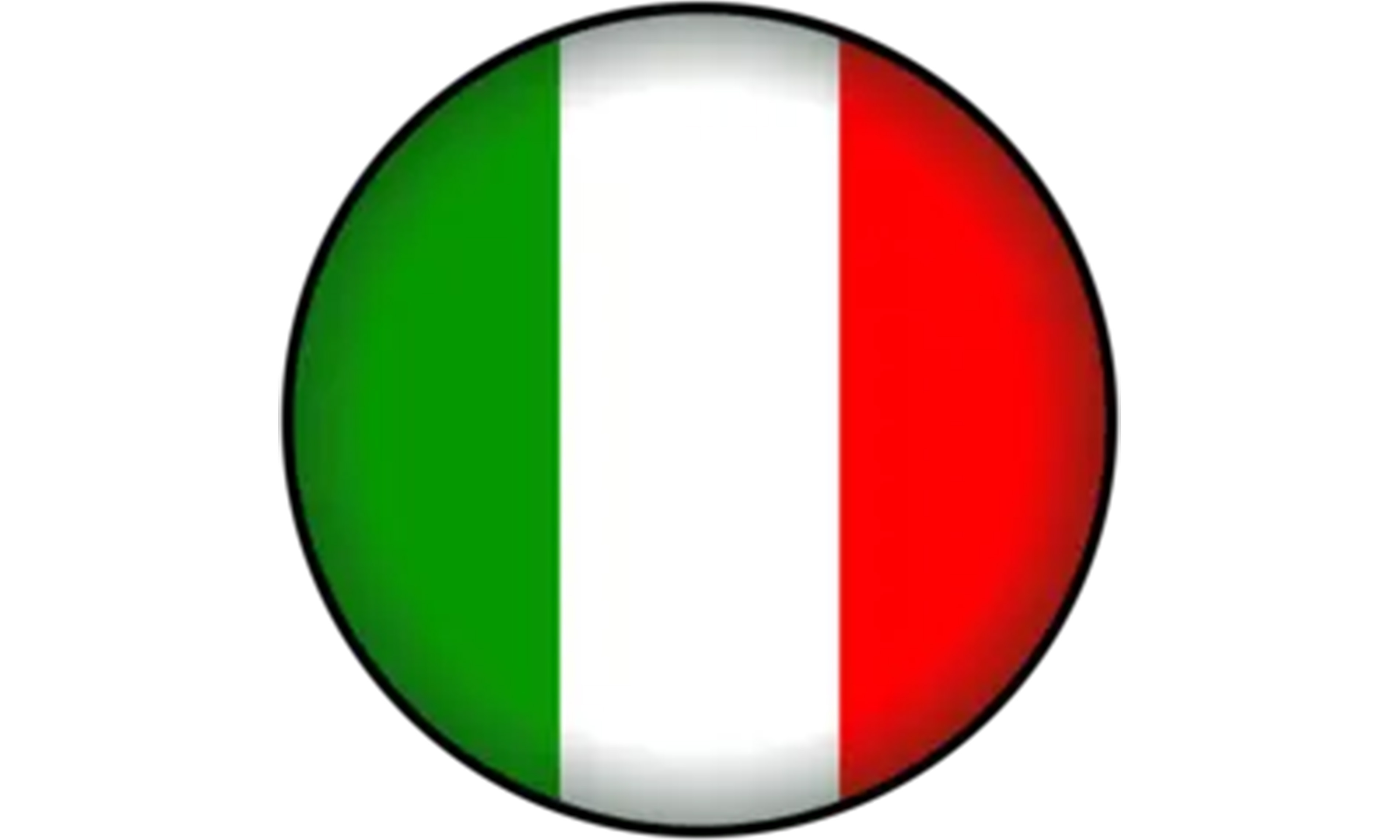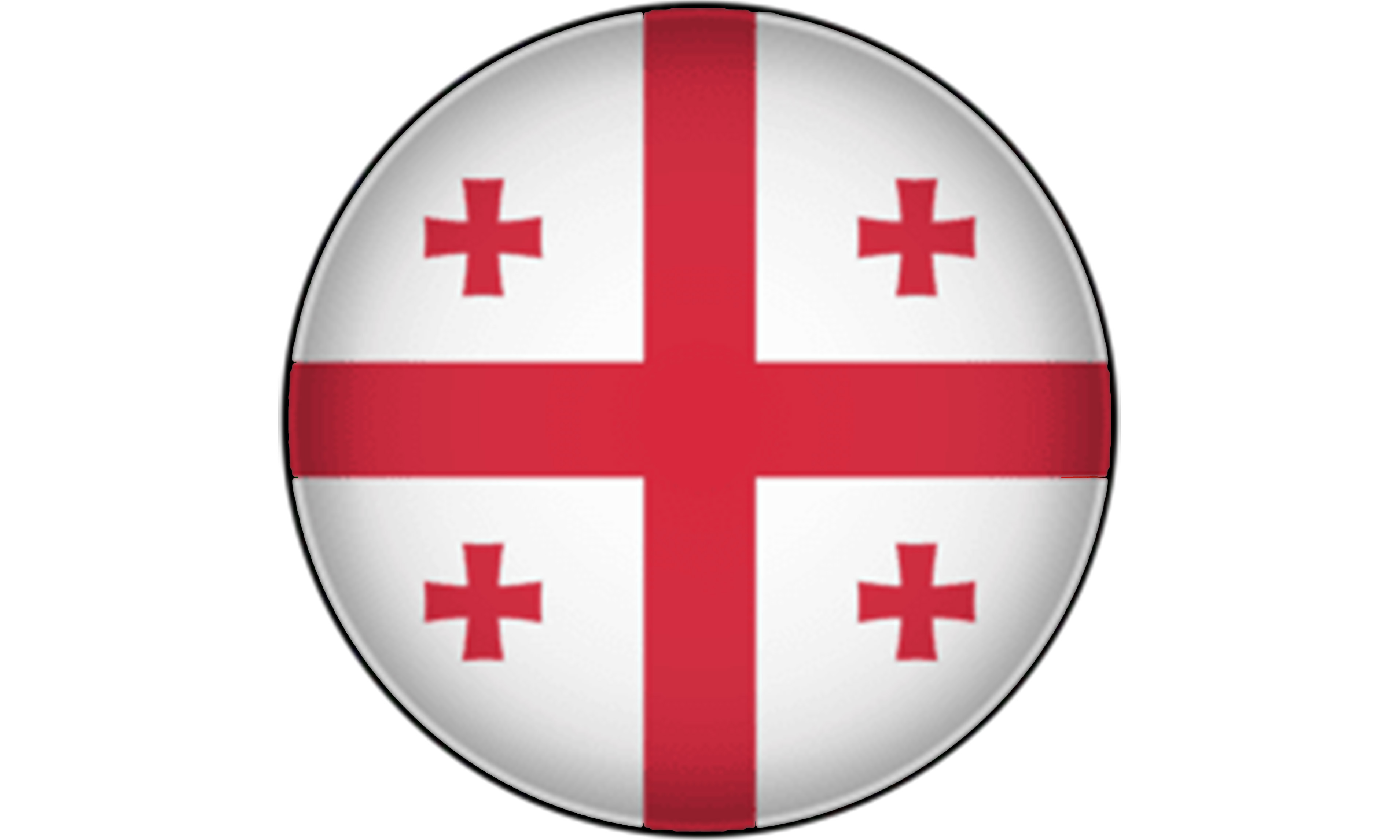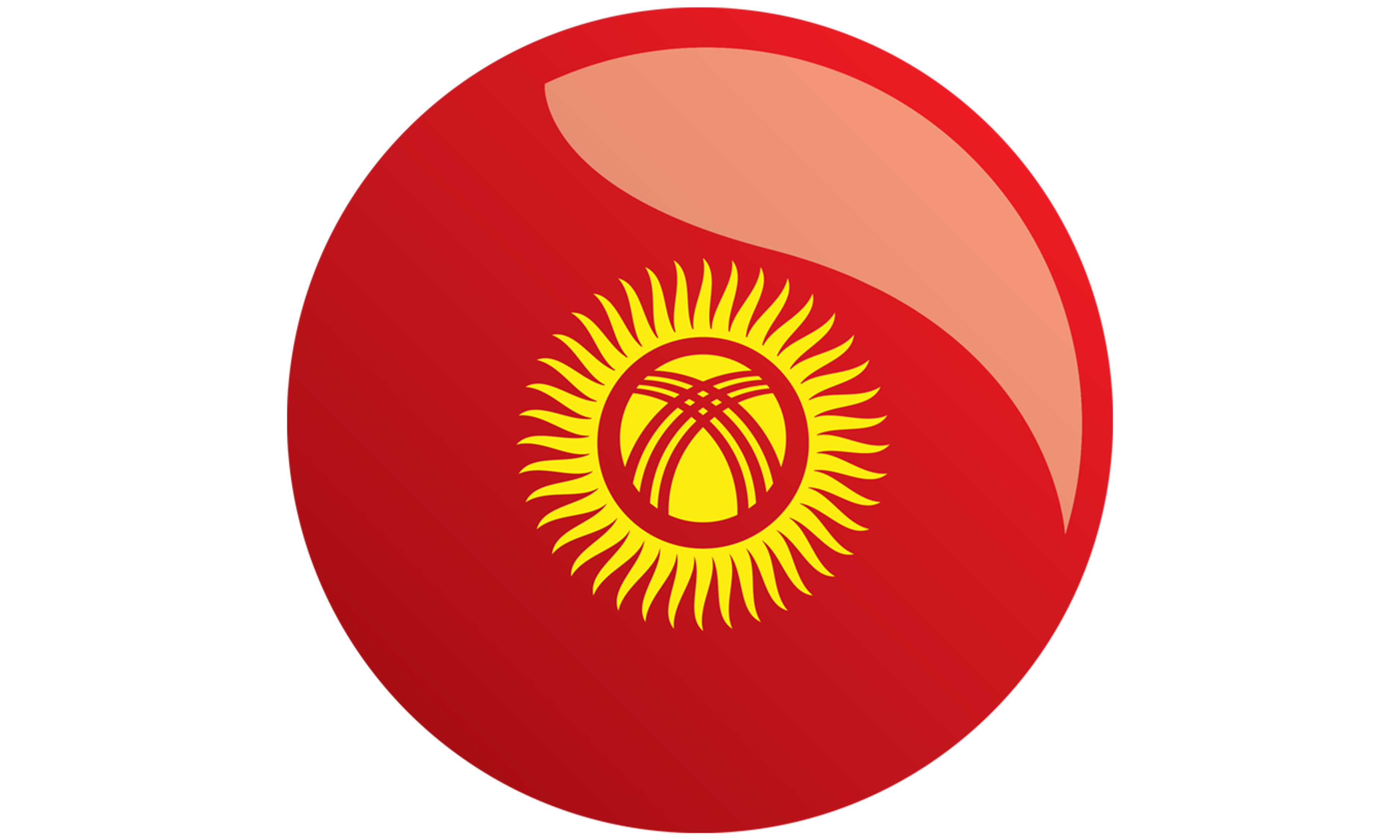- Home
-
About us
Dedicated to advancing medical education by providing high-quality learning resources and professional development opportunities.
-
MBBS India
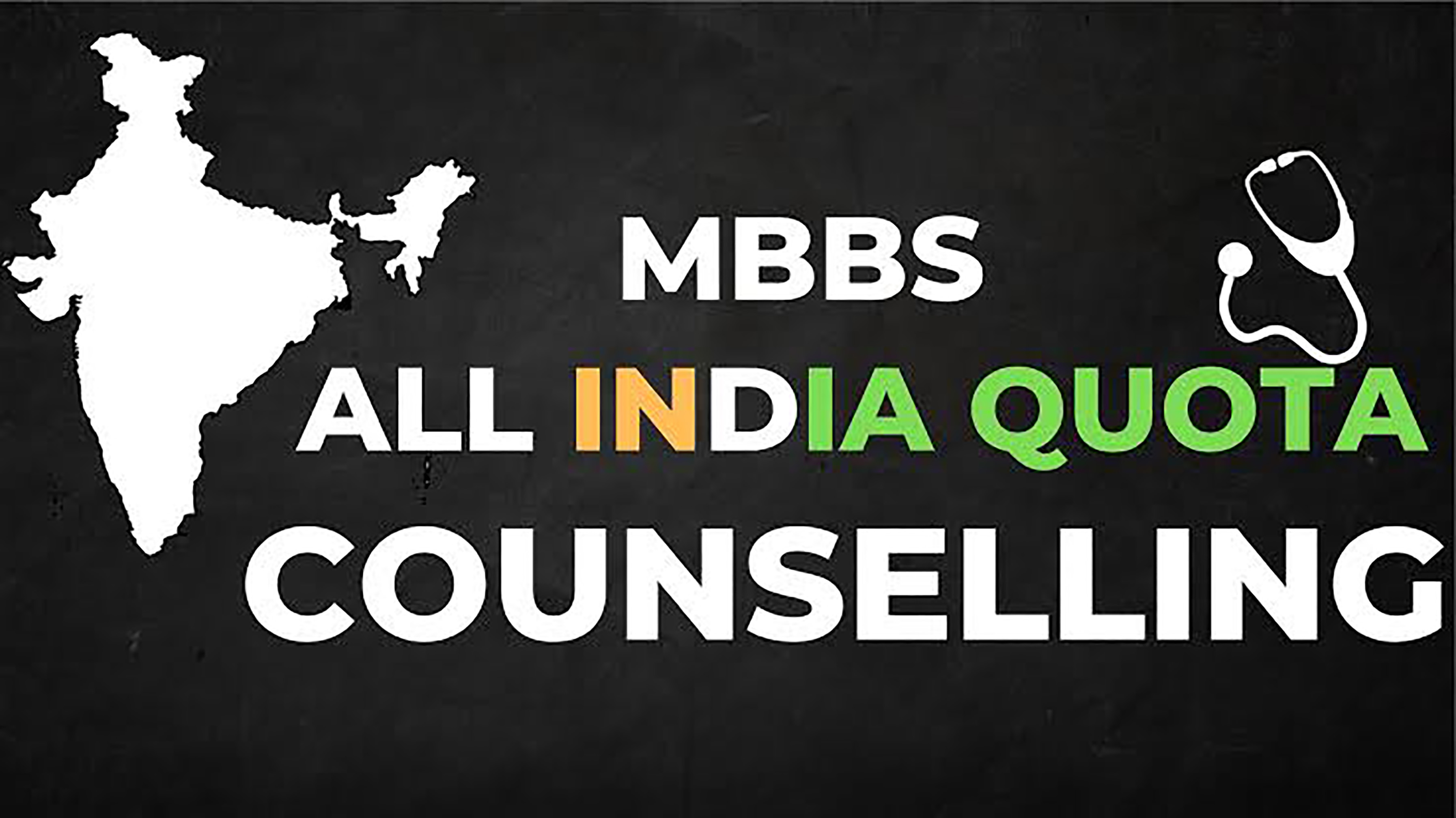
AIQ
Beneficial for students who may not have access to quality medical education in their home states or for those who are looking for specific programs
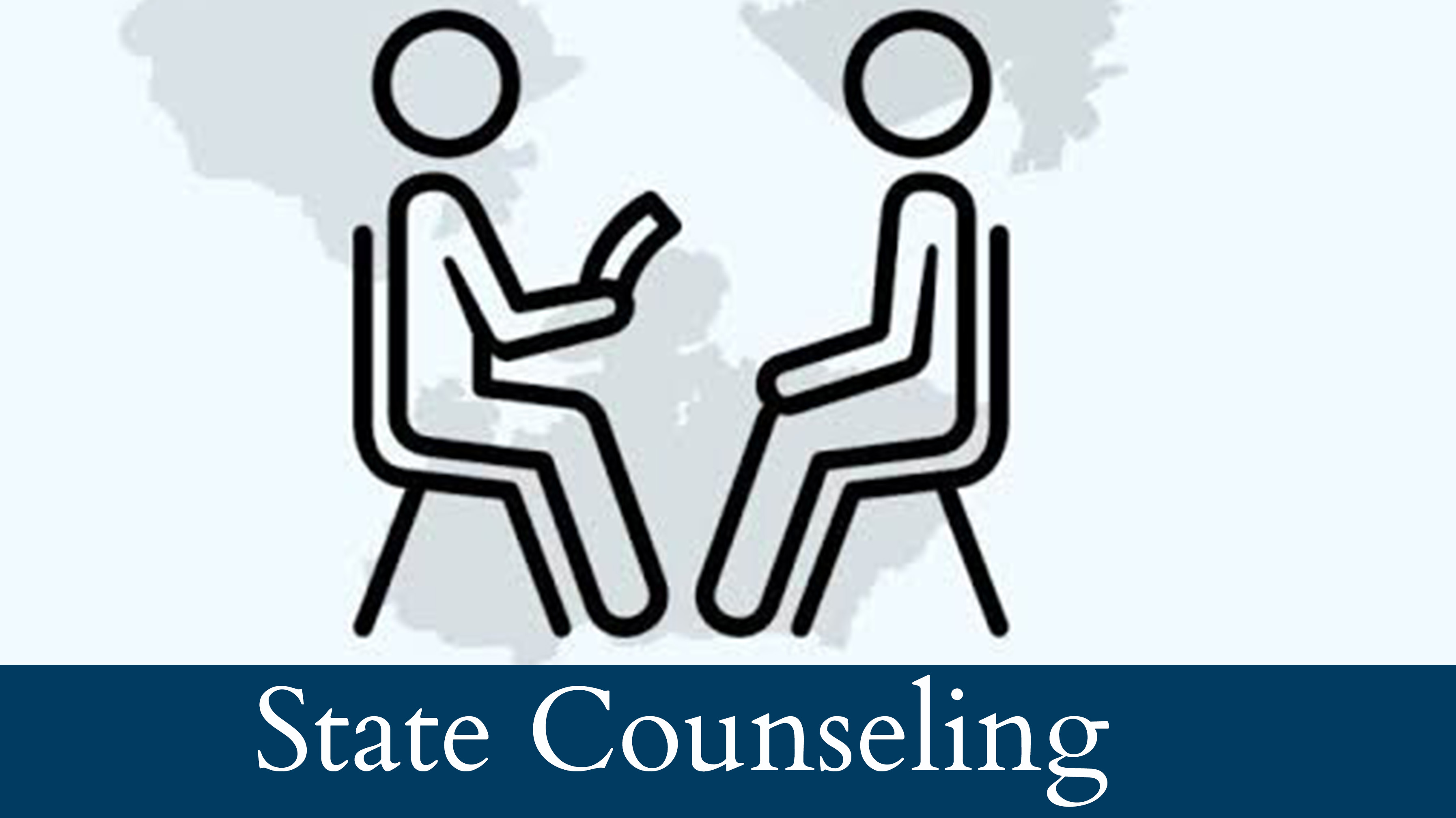
State Counseling
State counselling ensures that students have the opportunity to secure seats in their home state, often where they may have a better understanding of the local education system and healthcare landscape

NRI
NRI counselling is a multifaceted service that goes beyond mere admissions assistance. It serves as a comprehensive support system that equips students with the tools and resources needed for a successful educational experience in India
- MBBS Abroad
- Ph.D
- Medical Courses
- Contact us

AIMRA is an educational association developed to undertake new innovation in education up-gradation in India. Counsel the applicants/students to achieve their desired goals.
Menu bar
- Home
- About us
- Profile
- Reconigtion
- Become a Partner
- Software
- MBBS India
- AIQ
- State-Counseling
- NRI
- MBBS Abroad
- MBBS in Russia
- MBBS in Kazakhstan
- MBBS in Mauritius
- MBBS in Nepal
- MBBS in Italy
- MBBS in Georgia
- MBBS in Bangladesh
- MBBS in Philippiness
- MBBS in Kyrgyzstan
- MBBS in Uzbekistan
- MBBS in Germany
- MBBS in USA
- Ph.D
- Phd-india
- Phd-abroad
- Medical Courses
- Contact
Photos and Videos
Join with us
All Courses
- Top MBBS Colleges in India
- Top MBBS Colleges in India Abroad
- Top Ph.D Colleges in India & Abroad
- Top BDS/BAMS Colleges in India
- Top PARAMEDICAL Courses in India
- Top NURSING Colleges in India
- Top PHARMACY Colleges in India
- Top BNYS Colleges in India
- Top MBBS Private Colleges in India
- Top MBBS Private Colleges in India
- Top MBBS Government Colleges in India
- Top MBBS Deemed Universities in India
- Top Veterinary Colleges in India
- Top BHMS, BVSC and BNYS Colleges
- Top PARAMEDICAL Courses in India
- Top NURSING Colleges in India
- Top PHARMACY Courses in India
- Top Ayurvedic Colleges in India
- Top Physiotherapy Colleges
- Top Paramedical Courses
- Top BPT Colleges
- Top MLT Colleges
- Top Diploma Courses
